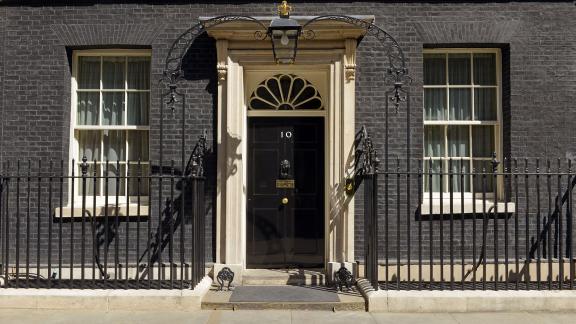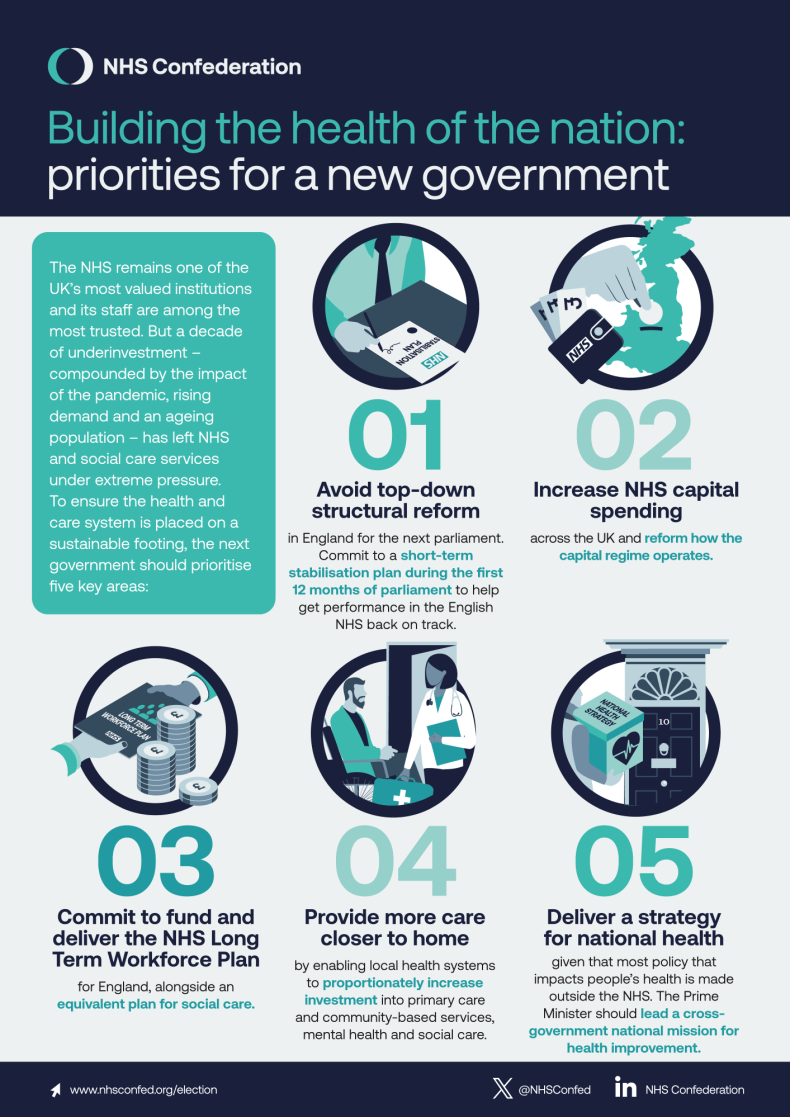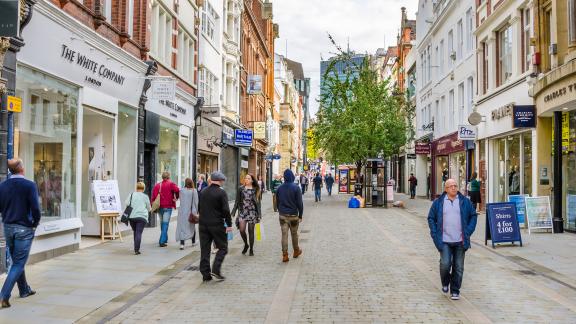NHS Confederation responds to confirmed date for general election

The government has officially announced that a general election will be held on 4 July 2024.
As the political parties begin their official campaigning and citizens prepare to cast their votes, the membership body for the NHS is calling on the health and wellbeing of the nation to be at the forefront of the new government’s plans.
The NHS, one of the UK’s most cherished institutions, has faced significant challenges over the past decade. Underinvestment during the 2010s, compounded by the unprecedented impact of the pandemic, growing needs from patients, an aging population, seismic workforce shortages, and successive rounds of industrial action, have left health and care services under extreme pressure.
The NHS Confederation, which represents all parts of the healthcare system including trusts, primary care providers and integrated care bodies, is calling on the political parties to provide much-needed hope for the future of the NHS and to commit to placing the health and care system on a sustainable footing.
Priority areas from health leaders include a ban on unnecessary and distracting structural reforms to the NHS for the duration of the next parliament; a 12-month stabilisation plan to get NHS performance back on track; roughly doubling NHS capital expenditure for vital building updates and new equipment, a promise to fund the existing NHS workforce plan; and a new cross-government health improvement strategy.
Matthew Taylor, chief executive of the NHS Confederation, said:
"The next government, quite literally, has the population’s lives in its hands. As we head into the election season, political parties must remember that a healthier nation is not only beneficial to our day-to-day lives but it supports the safe running of the NHS and wider economy. Our evidence shows that every £1 of investment in the NHS returns £4 to the economy in gross value added (GVA).
“Since the last election, the NHS has gone through its most difficult years with it responding to a global pandemic, growing waiting lists, staffing pressures and strikes, and rising ill health. In the face of these challenges, its 1.4 million staff continue to deliver their very best for their patients but the road to recovery is long.
“Health leaders are clear on what the NHS needs to thrive and they recognise they also have an important role to play in making this happen, including by working even harder to spend every healthcare pound as effectively as possible.
“We are at a turning point for the NHS and political parties have a choice to make on what they want their legacy to be if they are granted the keys to Downing Street. Simply put, the next government’s commitment to the NHS will shape our own health and wellbeing, and those of generations to come.”
The general election date has been announced as:
- Independent polling reveals that concerns about the NHS have surpassed worries about inflation to become the most mentioned important issue facing Britain.
- The latest Spring Budget saw the NHS receive an at best flat revenue settlement for 2024/25 against a backdrop of significant deficits and operational pressures.
- There are over 121,000 recorded vacancies across the NHS in England and 152,000 vacancies across social care.
- ONS figures suggest that 2.8 million people aged 16-64 years are not working due to ill health with the cost of labour inactivity due to this estimated to be over £43 billion a year. Analysis from the Centre for Mental Health also puts the cost of mental illness at £300 million.
- In England over the next 20 years, the number of people older than 85 will double to 2.6 million and almost 9 in 10 of people over 85 in England live with at least one long-term health condition.
- Industrial action in the NHS has led to more than 1.4 million planned operations and appointments needing to be cancelled or rescheduled in England with the cost of the strikes estimated to be around £3 billion.
- Despite some progress, the total elective care waiting list in England still stands at more than 7 million. The IFS has said it is unlikely this will be reduced to pre-pandemic levels over the next four years.
- Primary care leaders feel shortchanged by the level of additional investment set out in the GP contract for 2024/25 at a time when patient list sizes are growing and GP numbers continue to fall.
The NHS Confederation set out its ‘manifesto’ ahead of the general election, “Building the Health of the Nation: Priorities for a New Government”, which draws on the insights of health and care leaders across England, Wales, and Northern Ireland. It outlines the changes that the incoming government must make to place our health system on a sustainable footing.
These are to:
- Put the NHS on a more sustainable footing, with no top-down structural reform in England for the next parliament, and to commit to a short-term stabilisation plan during the first 12 months of a new parliament to help get performance in the English NHS back on track.
- Increase NHS capital spending and reform how the capital regime operates. Specifically in England, capital funding needs to increase to at least £14.1 billion annually, a £6.4 billion increase from the current level of £7.7 billion.
- Commit to fund and deliver the NHS Long Term Workforce Plan for England, alongside an equivalent plan for social care.
- Provide more care closer to home by enabling local health systems to proportionately increase investment into primary care and community-based services, mental health and social care.
- Deliver a strategy for national health, given that most policy that impacts people’s health is made outside the NHS. As part of this, the Prime Minister should lead a cross-government national mission for health improvement to shift the focus from treating illness to promoting health and wellbeing, reducing inequalities and tackling the wider determinants of health, and supporting the public to be active partners in their own health.
About us
We are the membership organisation that brings together, supports and speaks for the whole healthcare system in England, Wales and Northern Ireland. The members we represent employ 1.5 million staff, care for more than 1 million patients a day and control £150 billion of public expenditure. We promote collaboration and partnership working as the key to improving population health, delivering high-quality care and reducing health inequalities.




